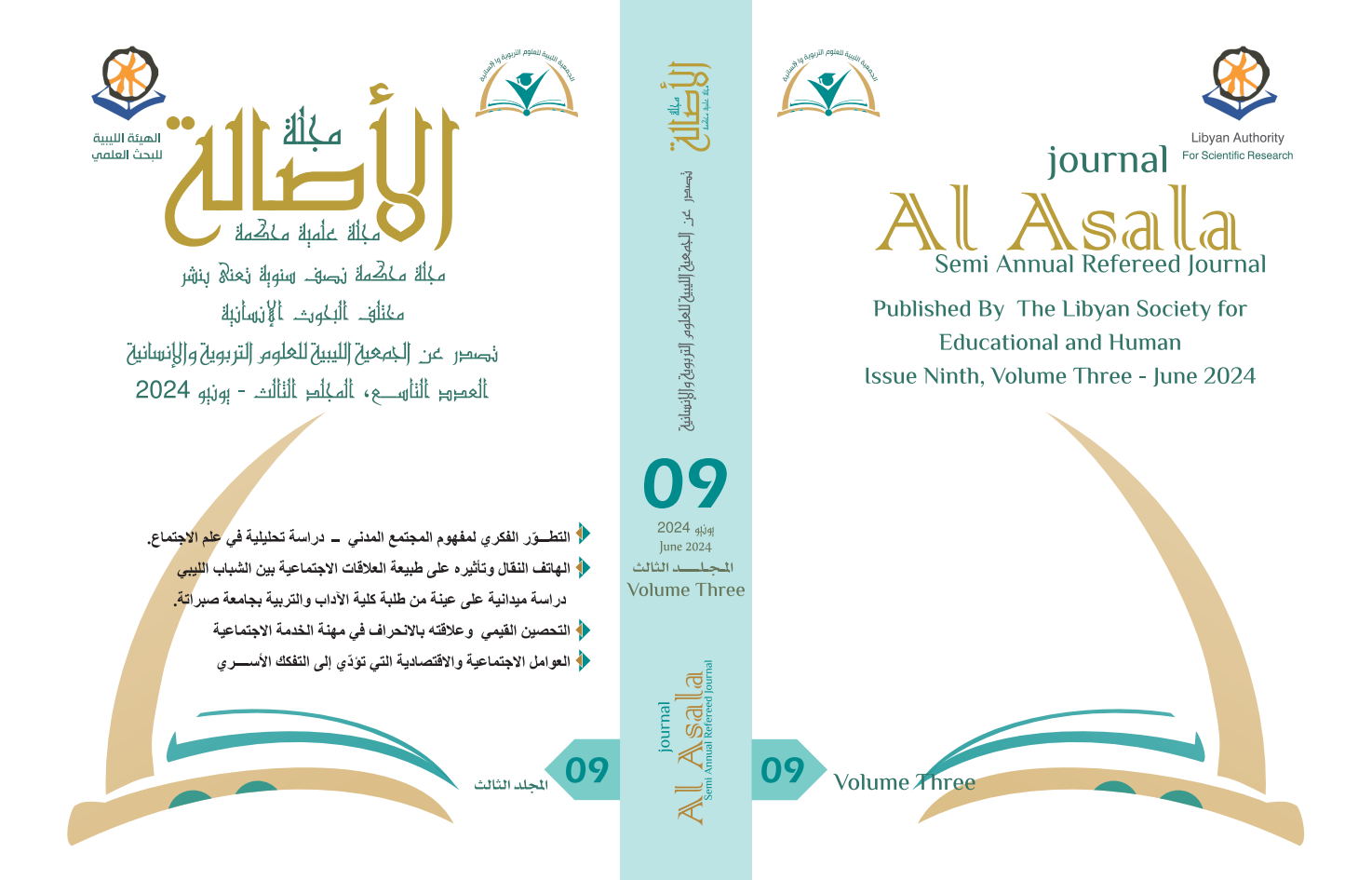Assessing Bayesian, Linear regression and Point-estimation Methods for Weibull Parameter Estimation: A Statistical Approach
Main Article Content
Abstract
The study compares three distinct estimation methods: Bayesian Estimation, Linear Regression Estimation, and Point-Based Estimation, to assess their performance across varying conditions. Bayesian Estimation is noted for its remarkable stability in β estimates across diverse values and sample sizes, with significant improvement in the accuracy of δ estimates as the sample size increases. Conversely, Linear Regression Estimation demonstrates less consistency, particularly in the case of higher true β values, with less definitive trends in Mean Squared Error (MSE). Point-Based Estimation excels in achieving strong convergence towards the true values with increasing sample sizes, resulting in notably reduced MSE and highlighting its high precision. This analysis illuminates the relative strengths and weaknesses of each method, suggesting that the choice of estimation technique should be tailored to specific requirements such as desired accuracy and available data size. For applications demanding high precision, it is evident that larger sample sizes enhance the accuracy of estimates across all tested models. This study provides valuable insights into the selection of estimation methods suitable for various statistical modelling scenarios.

